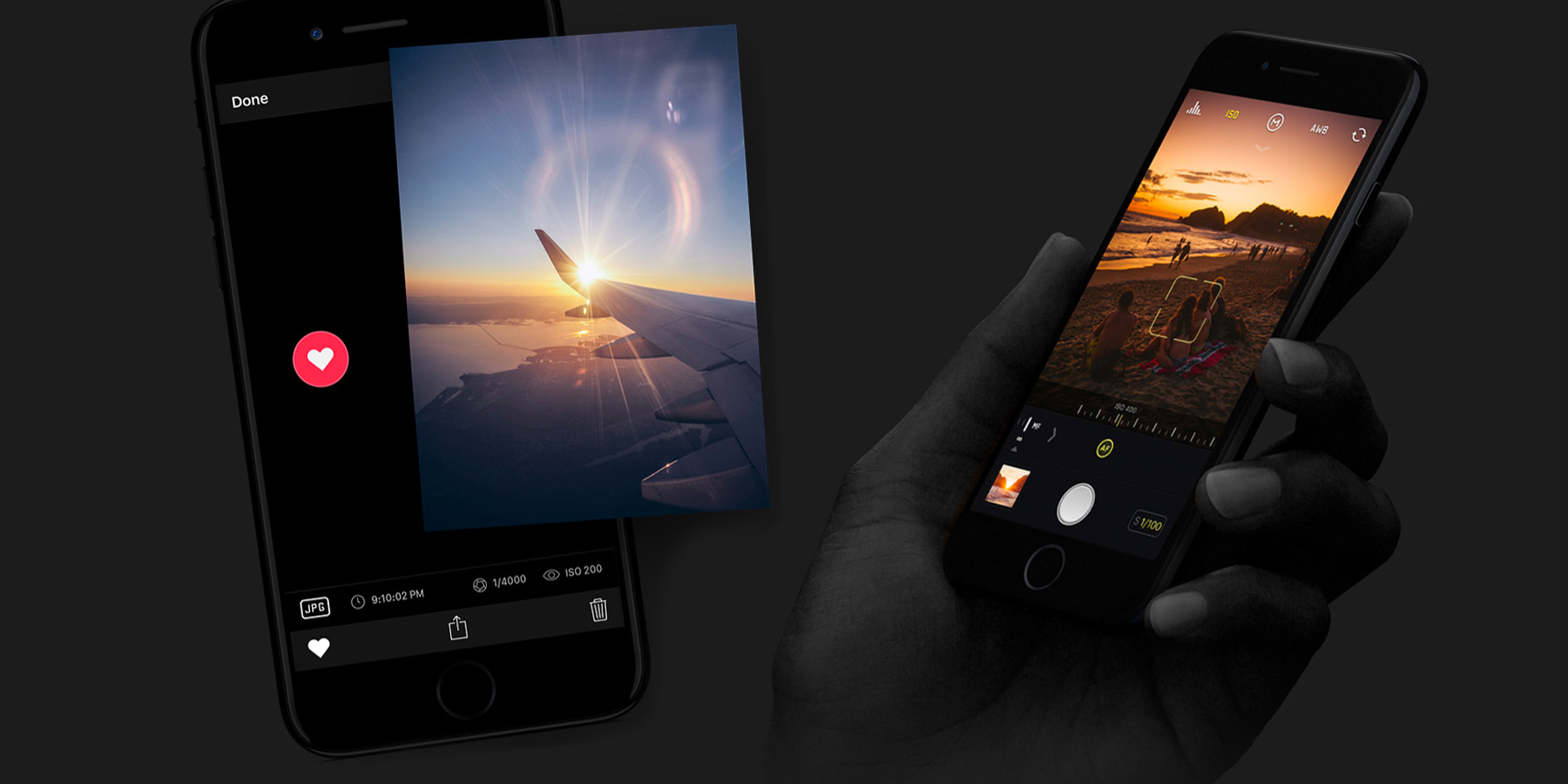In the wake of the Cambridge Analytica data harvesting scandal, people are beginning to think twice about the information they share with Facebook. Tweaking your privacy settings is a good start, but there’s more that can be done if you want to limit the amount of data shared every time you upload a photo.
Every photograph you snap with an iPhone or iPad (or, to be fair, any other type of camera) includes “metadata” details, including information such as the time and location it was taken. In many cases, this can be a useful feature – it’s how the Memories feature in the Photos app knows how to group all your vacation snaps together into an automated slideshow, for example.
You might be perfectly happy with this kind of data being archived by Facebook – in theory, it’s not used for anything nefarious and can improve your experience of the social network. But many people are starting to think twice about what they’re sharing. Even if Facebook isn’t intentionally abusing your information, the recent controversy shows that loopholes can be found, mistakes can be made, and there’s always the chance your location data will fall into the wrong hands.
A picture is worth a thousand cookies
With all that in mind, popular photography app Halide is taking a stand against the oversharing of photo metadata. In a statement addressing its privacy concerns, the app’s developers announced an upcoming feature that will automatically strip location data from your pictures before uploading to Facebook or Instagram. (Instagram is owned by Facebook.)
For many users, this may be overkill, but having the option is just another reason to recommend the pro camera app. Halide made our Best of 2017 list, and we’re big fans of the way it offers powerful features without flooding the interface with complex tools. It’s a good alternative to the standard Camera app, and worth considering if you’re interested in both privacy and photography.
The full article from Halide is worth a read, and you can pick up the app for $5/£5 on the App Store.
If you’d rather save your money, we’ll be investigating other ways to edit your photo’s metadata in the coming weeks. Stay tuned!

